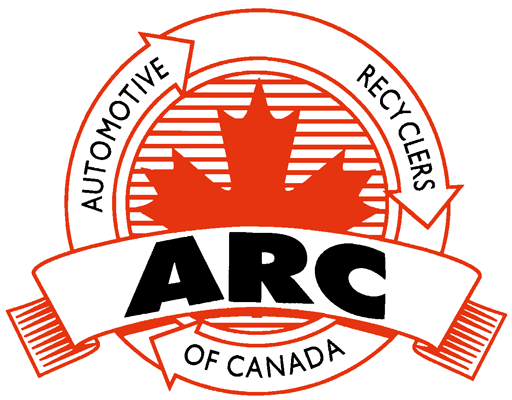 I’ve been traveling quite a bit lately, and that’s because auto recyclers are meeting a lot. So why are they meeting so much?
I’ve been traveling quite a bit lately, and that’s because auto recyclers are meeting a lot. So why are they meeting so much?
n
Since March I’ve attended an Ontario Automotive Recyclers Association (OARA) meeting and more recently just returned from the West Coast, having attended a meeting hosted by the BC Auto Recyclers Division (B-CAR). Next, I’ll be heading to Alberta for a joint meeting between the Alberta and Saskatchewan associations, and then I’m off to Fredericton for the Atlantic association meeting.
n
These provincial associations generally meet twice a year, in the fall and the spring. It harkens back to days when auto recyclers began building communication networks—what we would call hotlines—that amounted to 24-hour, 7-day per week conference calls among recyclers who had a common approach to selling and cataloguing parts. Unlike a lot of other industries, some of our biggest customers and suppliers are other auto recyclers.
n
Sharing Inventories
n
The reason why we tend to meet and talk so much is because of that very reason. The nature of the business means that recyclers can’t possibly stock all makes and models of a vehicle within their inventories, so through technology they link up with other auto recyclers to share those inventories. This way, local customers always have an opportunity to buy the parts they need.
n
As technology has advanced, telephone-based systems have moved to satellite connections, then to the Internet and cloud-based software. But meeting and interacting in person reinforces the relationships between parts buyers and sellers, while also allowing us to streamline standards, codes of practice and basic operating procedures.
n
These are all grassroots meetings, so most of the discussions centre on issues at the local level. This year, especially for the smaller events like those in BC, Alberta, Saskatchewan and the Atlantic, I’ve also been asked to present keynote sessions.
n
At these meetings, my aim is to highlight the key issues impacting our industry both here in Canada and also globally. This includes success stories, legislation, communication, licensing, standards, OEM partnerships—all the things to help auto recyclers get a big picture view of what’s happening in the industry.
n
Meeting Together
n
Recyclers like to attend these sessions because they want to interact and form conversations or understand a problem and try to find a solution. Part of what we do is to harness that collective energy, knowledge and experience in getting together to figure out what trends are happening outside of our industry, what we need to be aware of, and how to plan our business accordingly.
n
These meetings also provide the opportunity to identify common patterns within the auto recycling business. So when I or someone else is speaking with government or OEMs, we’re able to inform them about the current environment within our sector of the automotive industry.
n
As our business evolves and as technology and the world around us becomes ever more complex, there is a need more than ever to talk in person. At the same time, schedules mean that people can’t always attend meetings. To help tackle this issue, we’re exploring the use of technology like webinars and filming presentations to make them available to those who can’t attend.
n
That said, we don’t ever want to replace those meetings with technology because when you physically get together, that personal interaction often leads to some very interesting outcomes—results that I personally have yet to see from webinars or online presentations.
nn
